In the marketing world, we all like to talk about how digital is the future; after all, it’s generally cheaper than offline marketing channels. Yet, it has benefits, from in-depth analytics to a global reach at your fingertips.
Because of this, many businesses (particularly those with tight budgets) will find their marketing efforts are focused entirely on digital. Offline marketing strategies for small business are rarer than online. Even for those who do take advantage of offline marketing, their online and offline strategies are often separate. But, by utilising offline marketing and aligning it with your online strategy, you’ll open huge opportunities for your business and boost online performance. Read on to find out how!
Firstly, what is offline marketing?
Offline or traditional marketing uses mediums, such as print, as opposed to online or digital marketing which uses channels through the internet, such as social media. As touched on above, offline marketing is often more expensive, time-consuming and results in less customer insight than online campaigns. Therefore, offline strategies for small businesses are often smaller than their online equivalents.
However, the power of offline shouldn’t be underestimated; for example, direct mail averagely results in a better Return on Investment than paid search and online display ads. Moreover, consumers tend to have greater trust in adverts they see offline compared to online. Clearly, there are pros and cons to both online and offline marketing- which is why using both is so powerful.
Rule of 7
To understand why using both offline and online marketing can help your business, let’s look at marketing’s rule of 7. This states that a consumer needs to be exposed to at least 7 touchpoints – or customer interactions with the brand – before deciding to make a purchase. The idea is that it takes a consumer this many times for messaging to be reinforced and brand trust gained during the buyer journey.
Using offline marketing alone, having enough available touchpoints could be a challenge. Additionally, you may be missing opportunities with those less active online. Therefore, by utilising offline marketing, you can increase your reach as well as awareness. Plus, messaging is more likely to stick in the mind of a consumer if they see it through multiple channels both online and offline, within an integrated marketing strategy.
Creating an integrated marketing strategy
Offline strategies for small businesses may consist of distributing flyers or putting adverts in local magazines – which is all great stuff and can get your name out there. But, it often works independently from the online strategy. However, if your offline strategy is integrated with online, you can widen the scope of any campaign, boost awareness and generate more buzz around your products or service.
To create an integrated marketing strategy, you first have to get to know your customer. This is the first way in which offline marketing can support online, as you can use web and social media analytics, but also questionnaires sent through the post or over the phone and focus groups. All this will help you determine customer wants and needs, what messaging resonates with your target audience and your most effective channels.
The next step – and this is an important one – is consistency. Compare your online and offline marketing strategies and make sure that your branding is consistent at each touchpoint. Everything from your messaging, to the designs, photography, tone of voice and colours look like they come from one brand. You will convert customers faster if you do this, no matter where they are.
Finally, set the campaigns live, measure, monitor and apply what you learn from one channel to another!
How online works with offline… and vice versa!
When you compare online and offline marketing strategies, consider where your objectives cross over and how certain tactics could work together to meet them. For example, if you have an offline campaign and are using flyers to get people to order a specific item from your shop, your call to action could encourage customers to share images on social media using a certain hashtag or tagging in your business. This will help build your online presence, whilst encouraging people to take the action you want them to offline.
This works the other way, too: expose online campaigns offline by including trackable URLs or QR codes on posters and flyers directing to your website or social media pages. That way, you can measure and monitor the success of offline campaigns using your web analytics as well!
So how does this all boost online performance?
By using offline marketing to support digital campaigns, you will reach audiences that would otherwise have been missed if you had just used online channels. Using call to actions that link to your website means you get more visitors, can harness the additional data, and therefore better know your customers. Offline marketing strategies for small business, or big, can actually enhance online conversions too!
We hope to have persuaded you to integrate your online and offline marketing strategies to maximise performance. If so, let us know how it goes!
Written by Megan Armstrong






